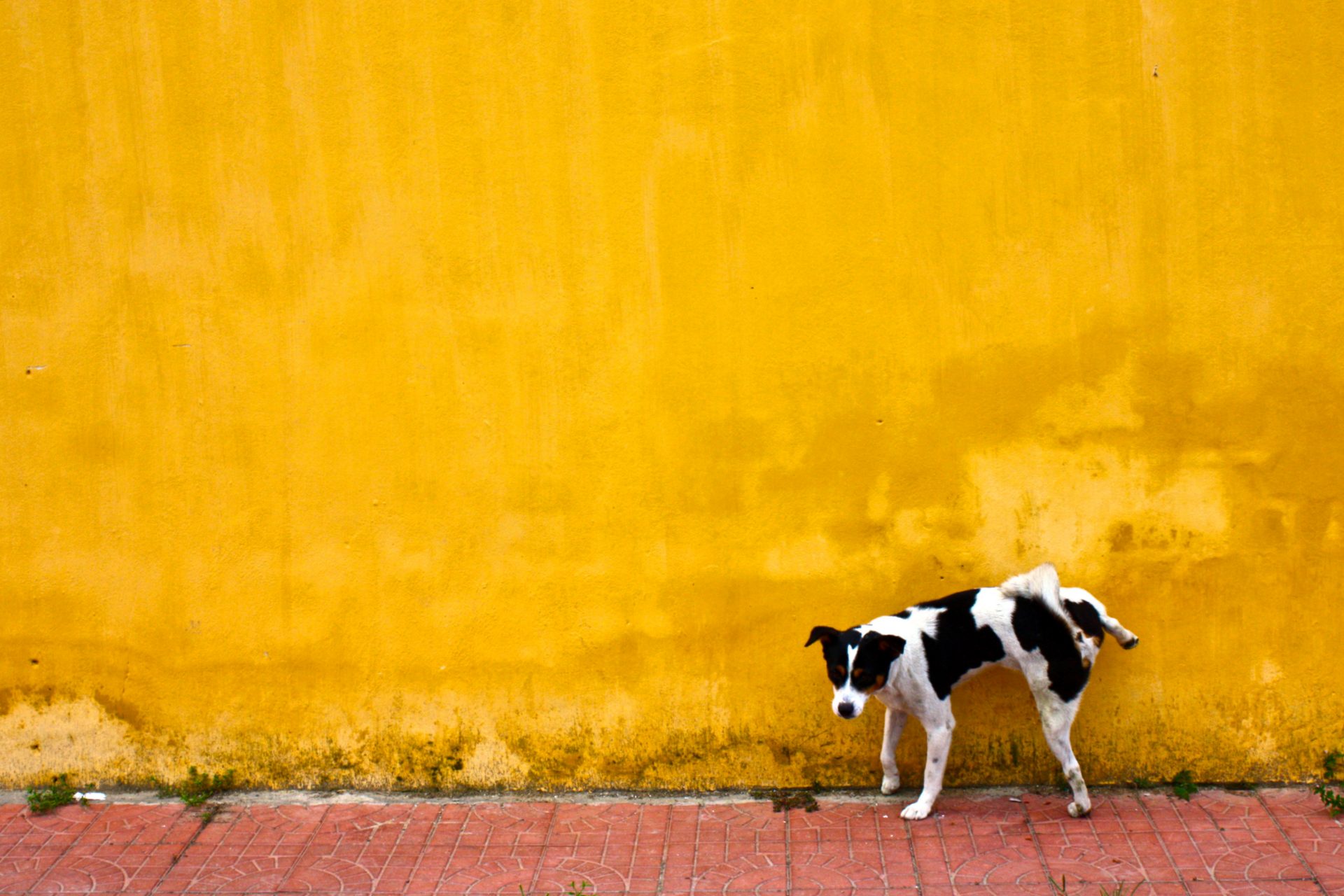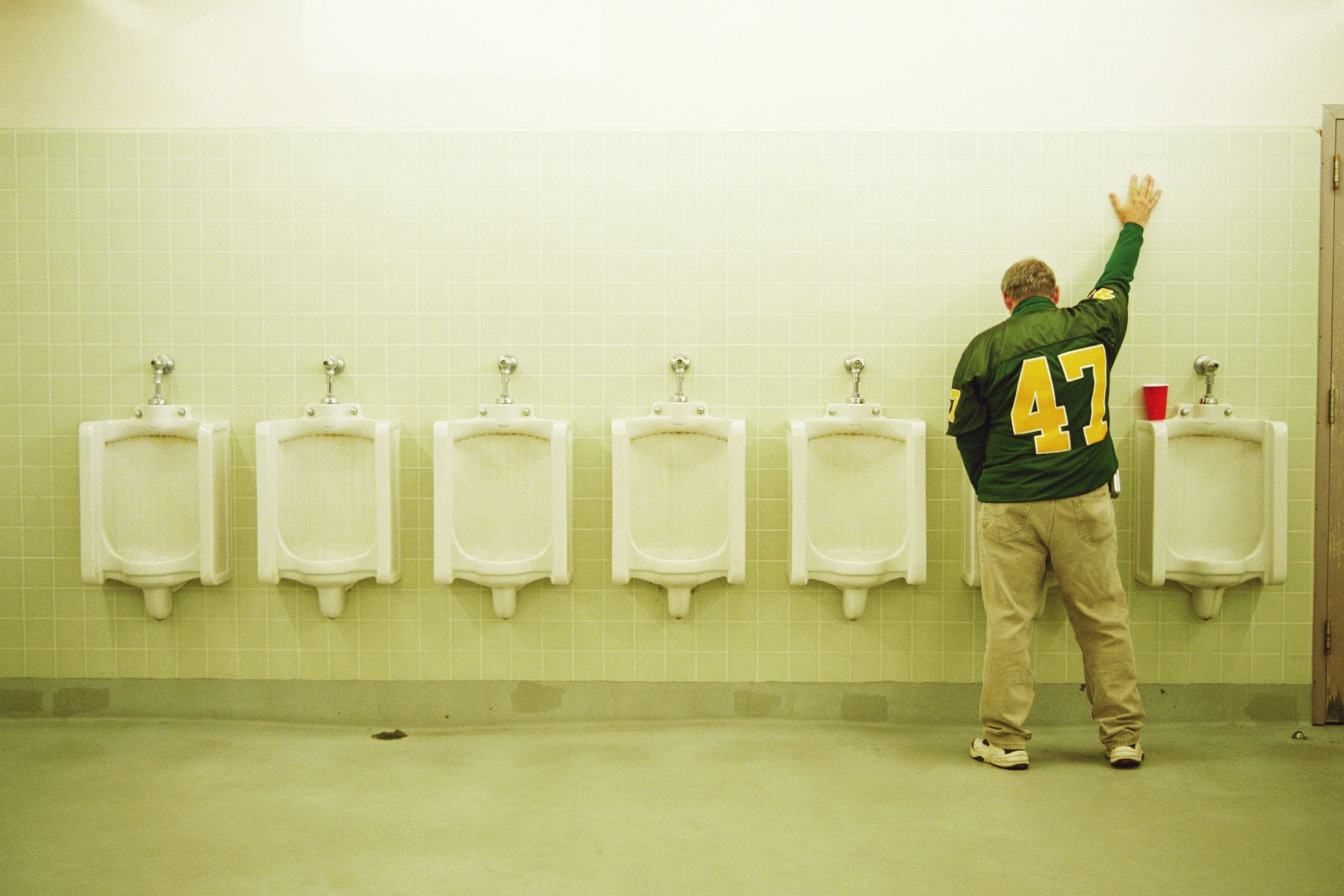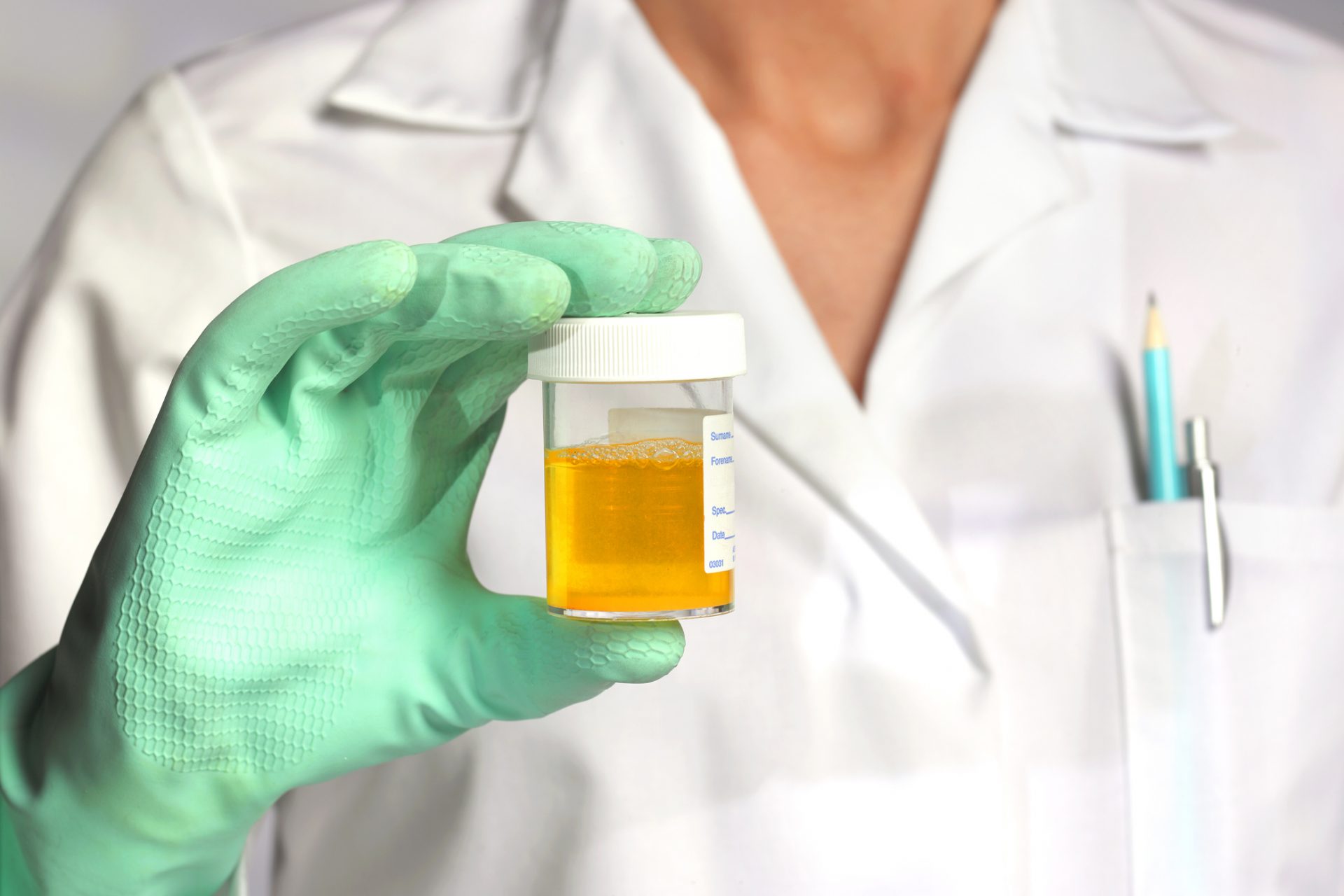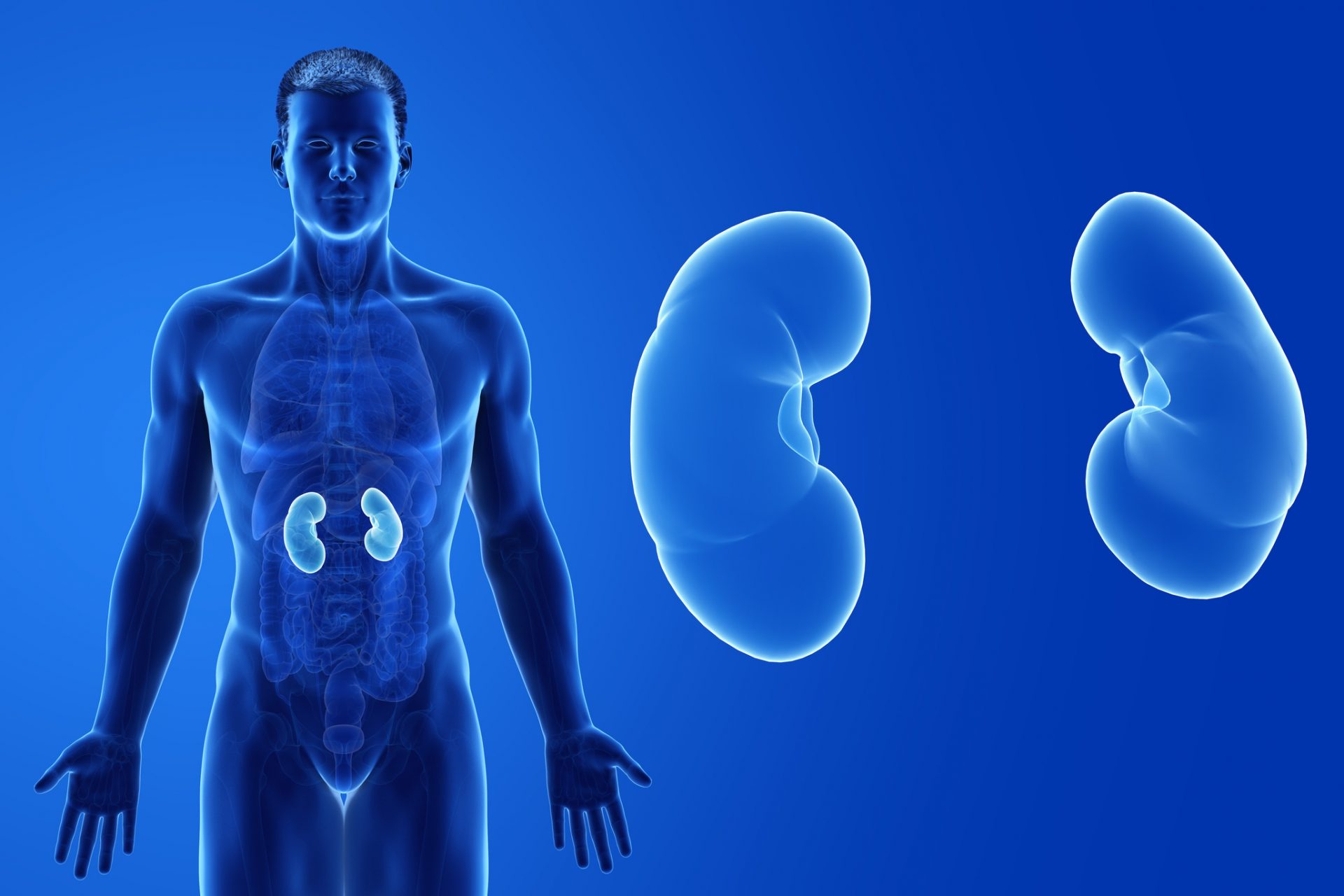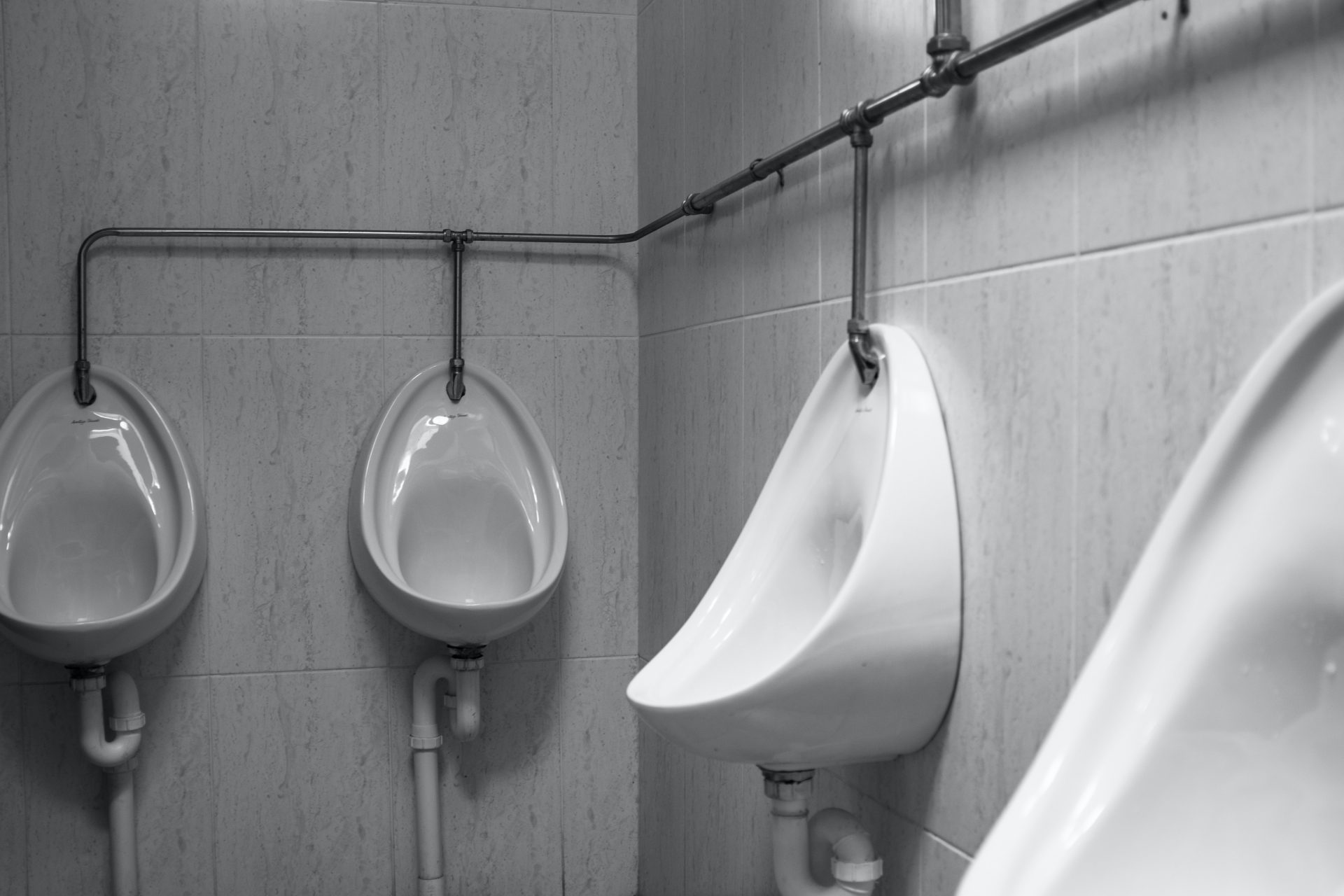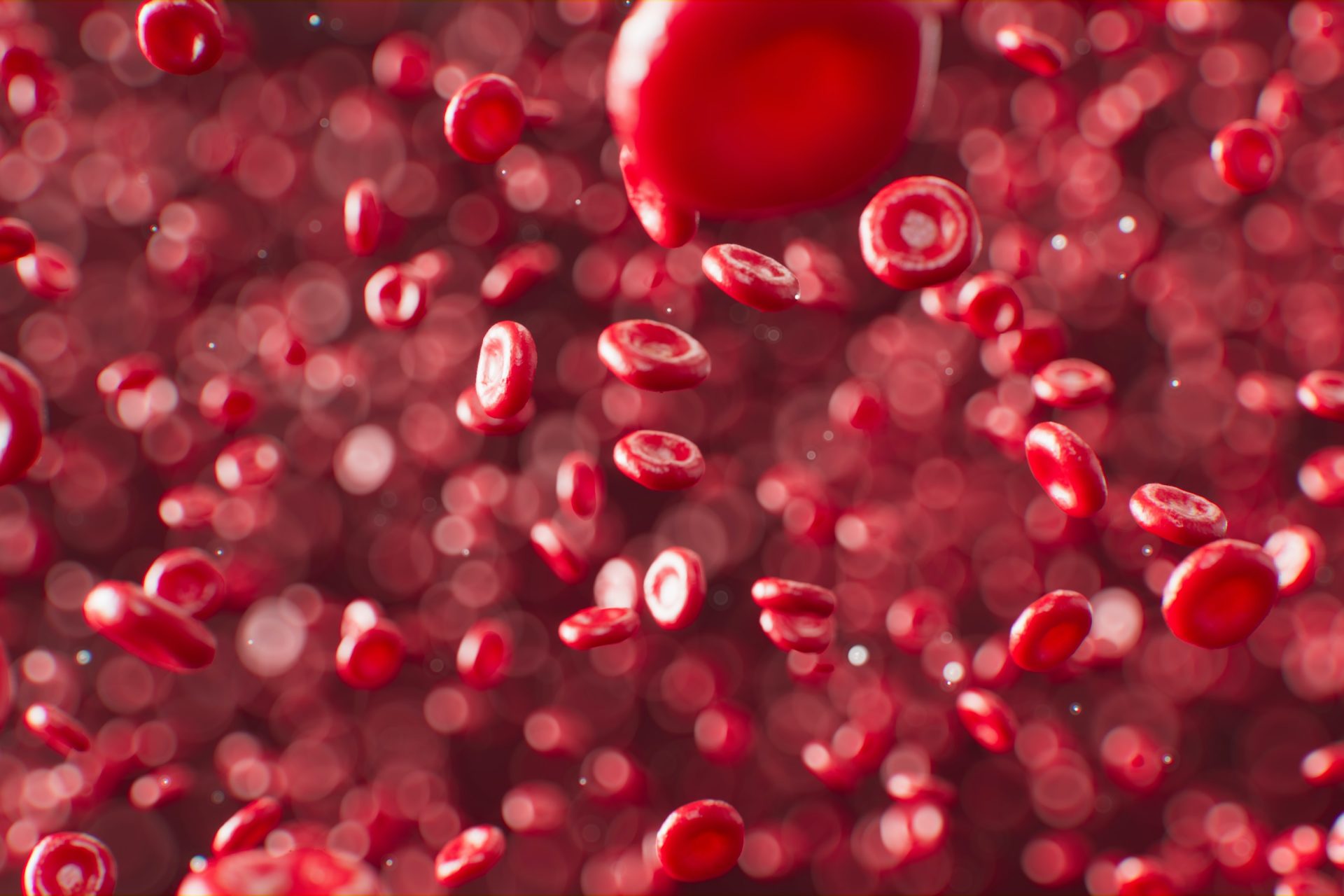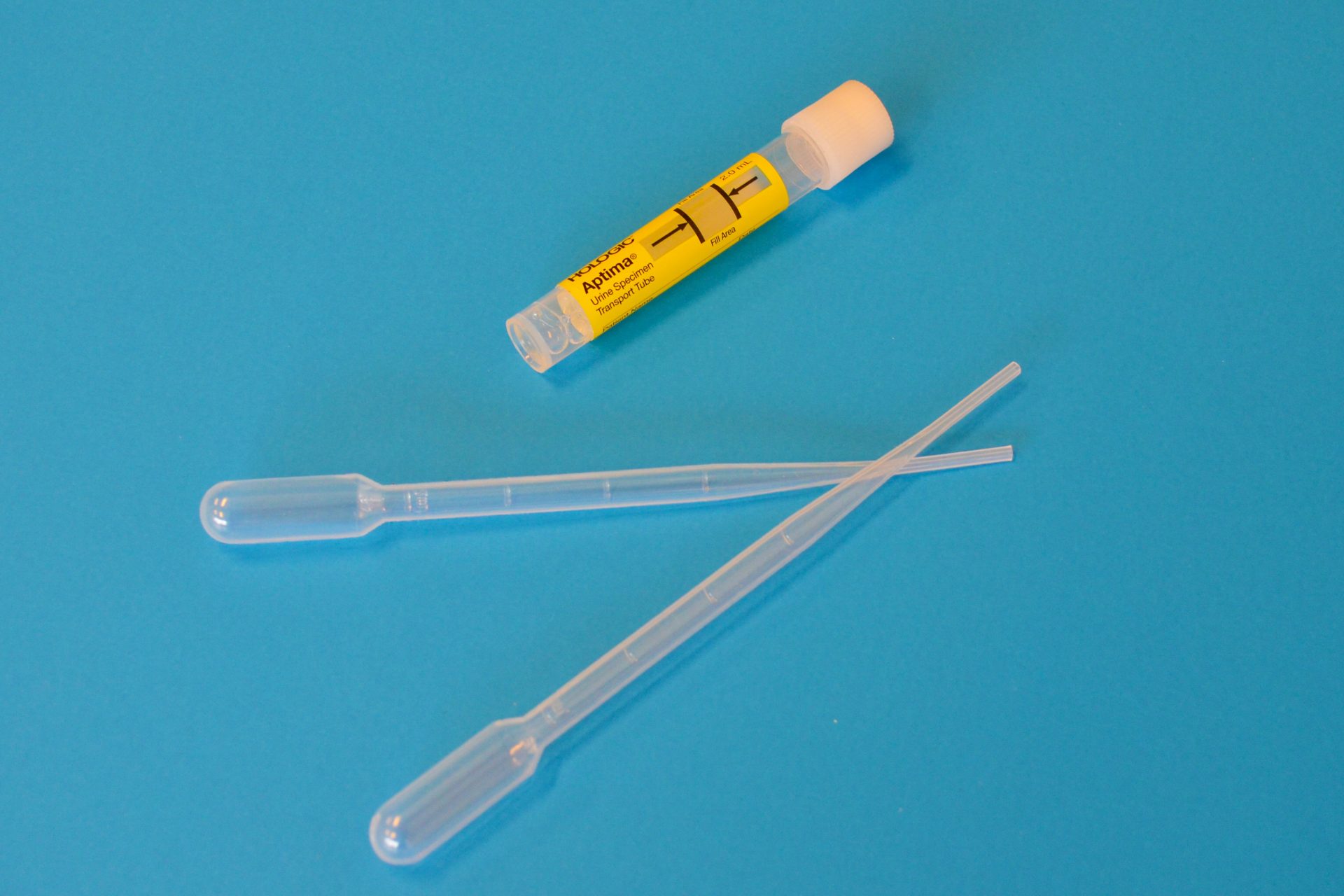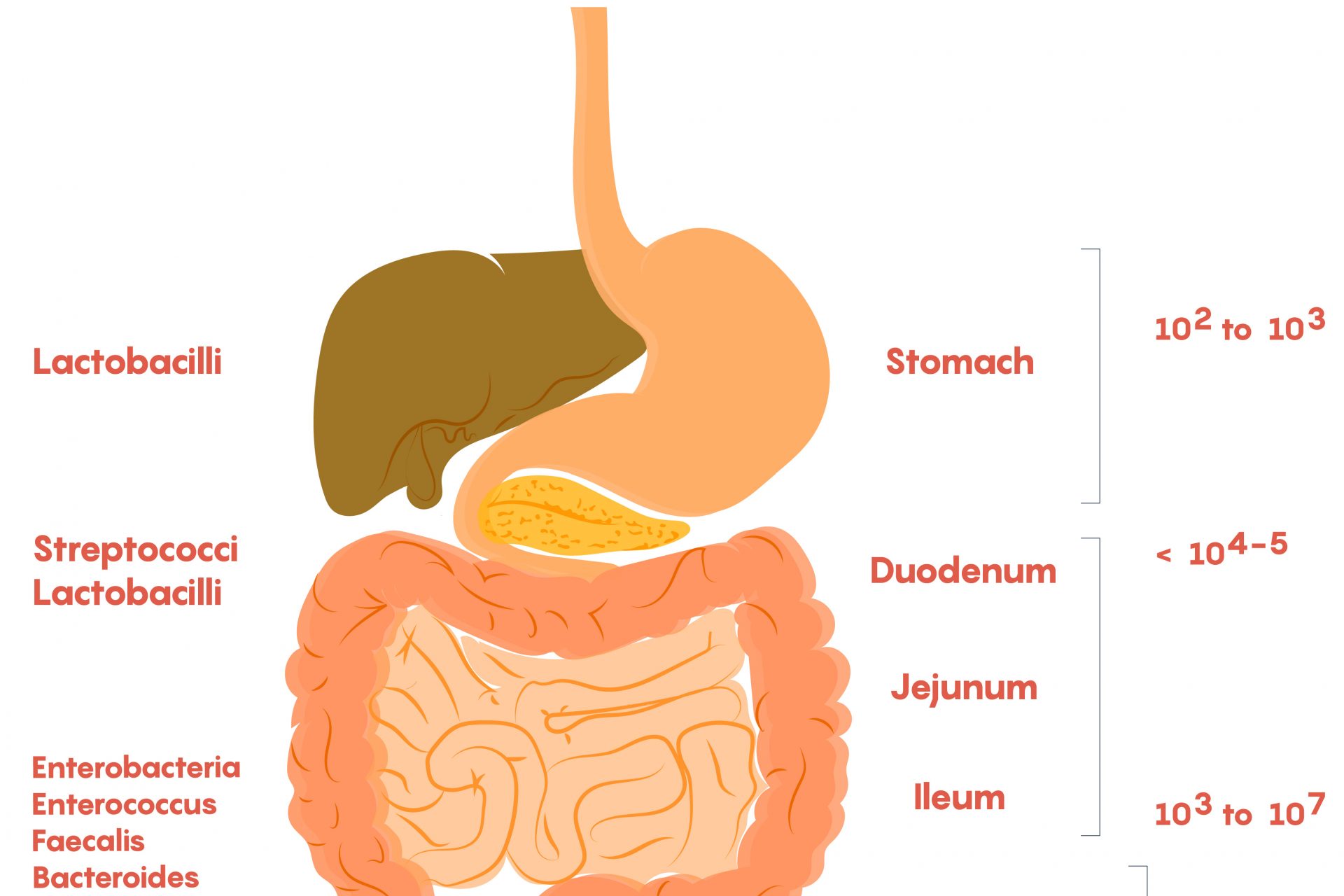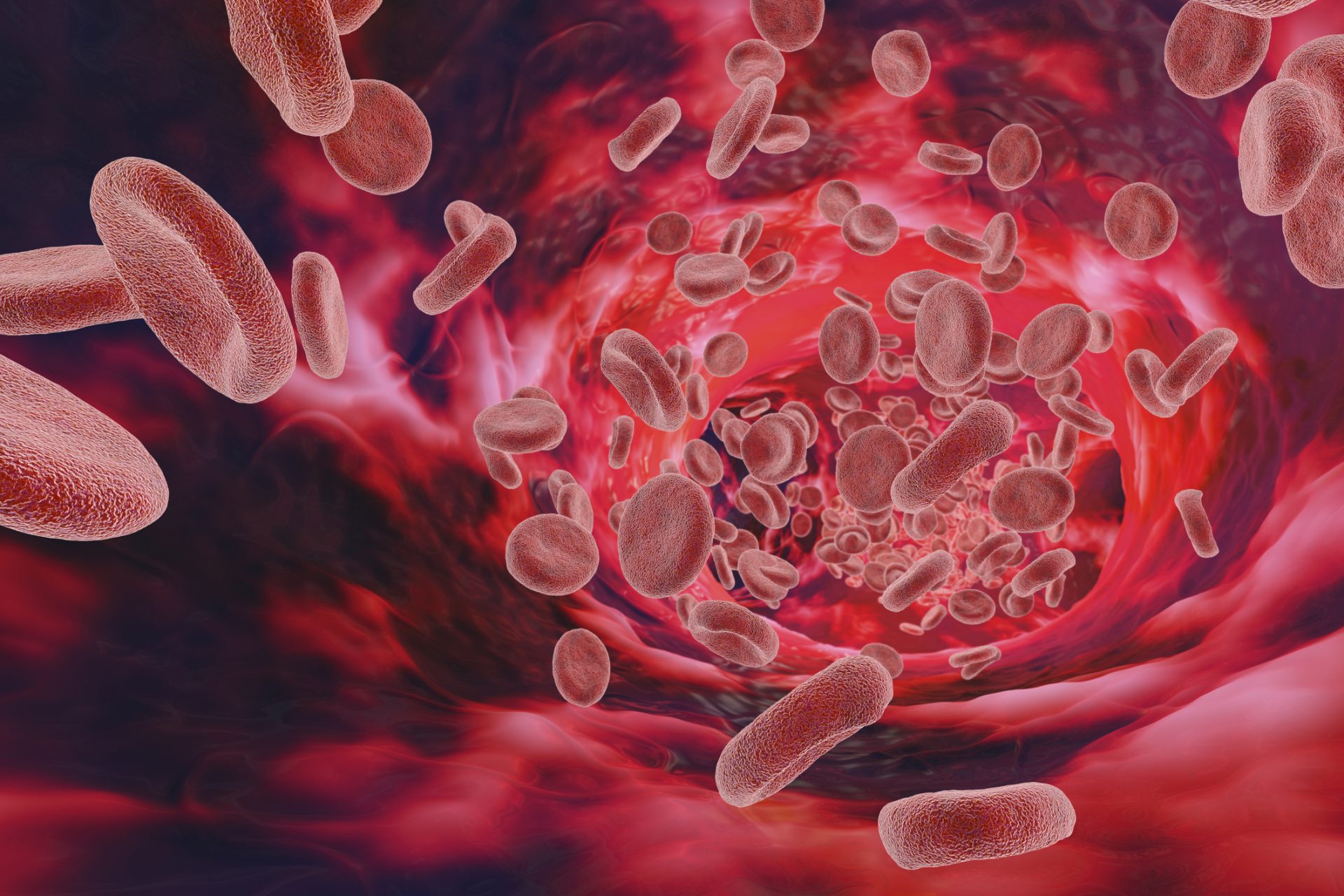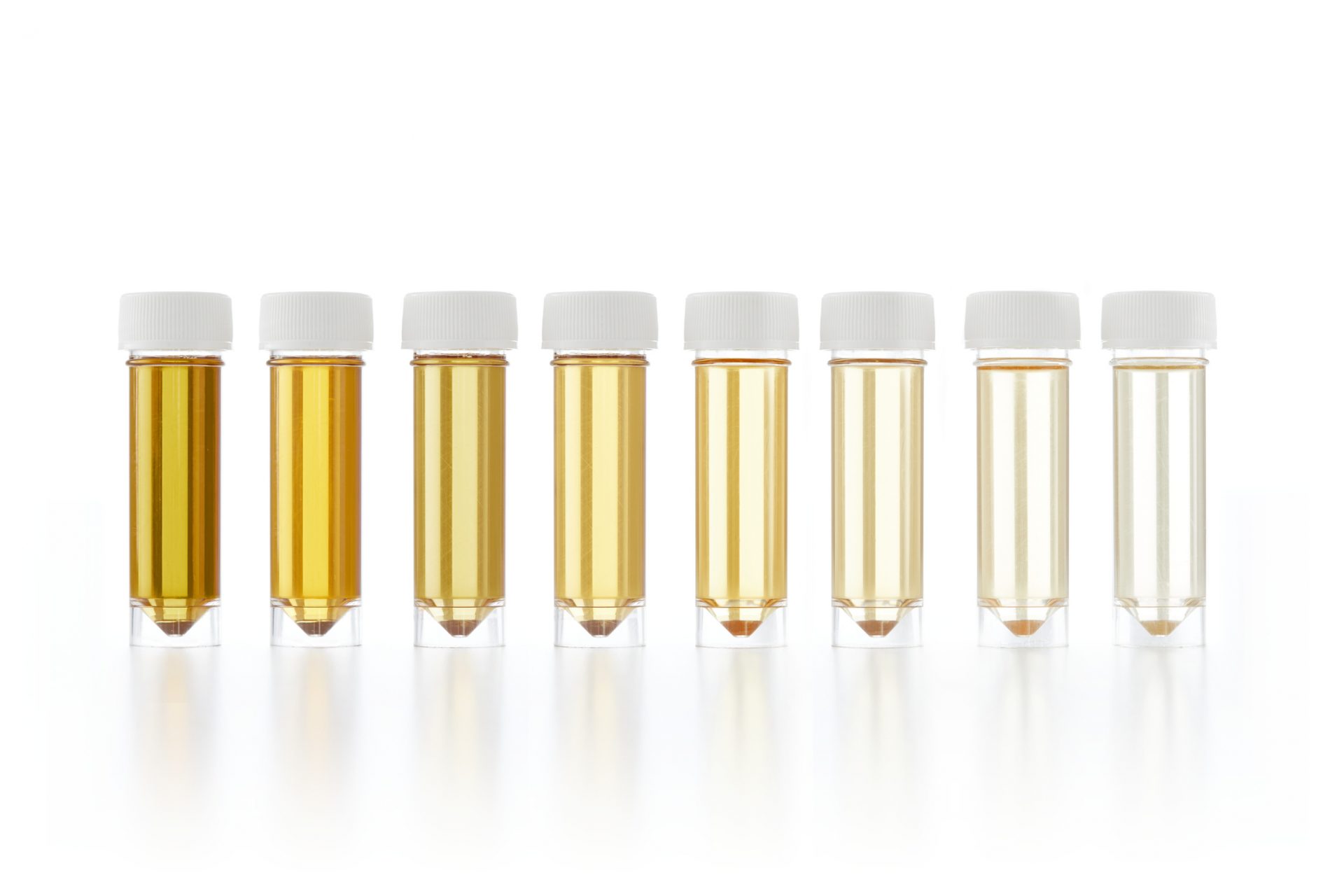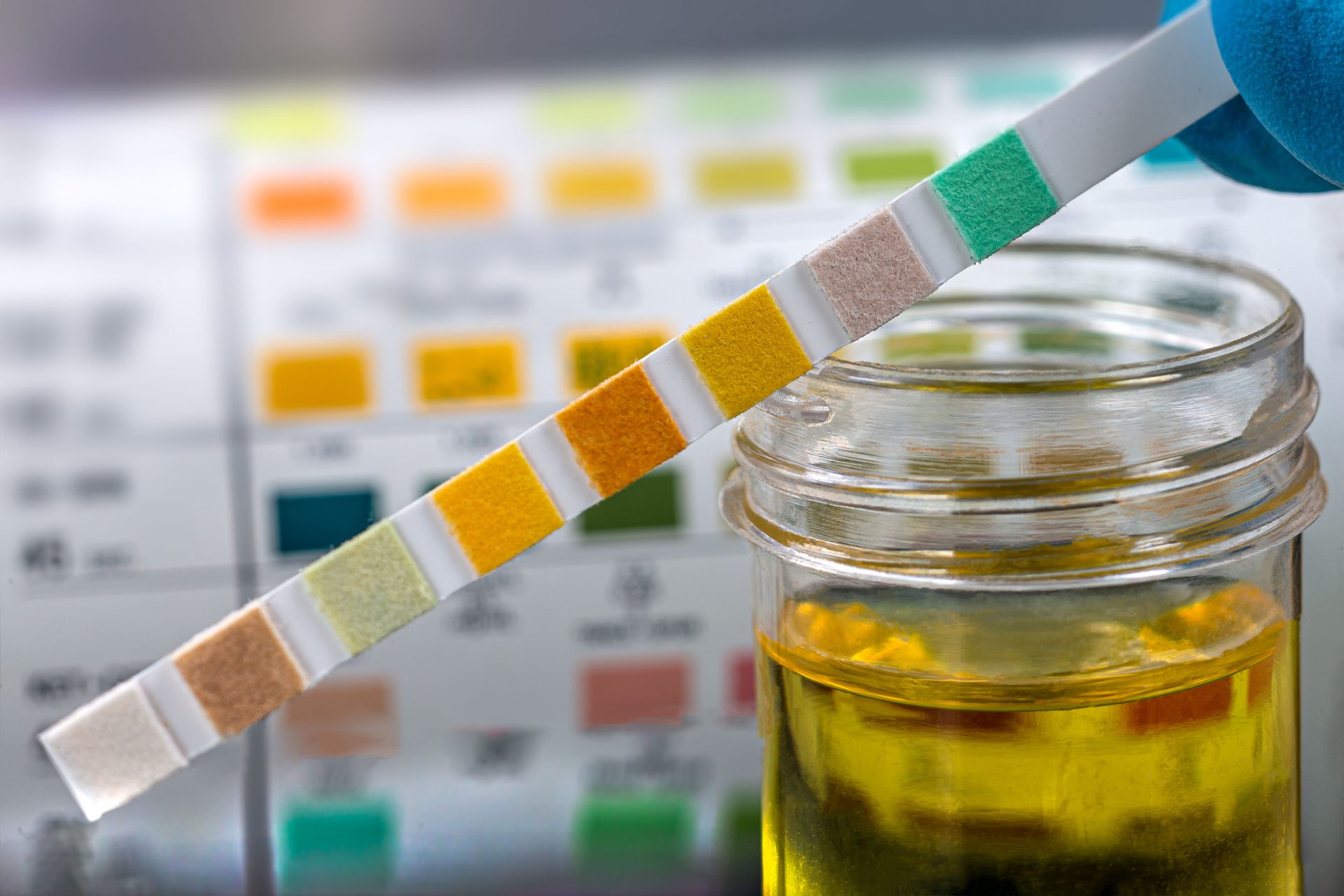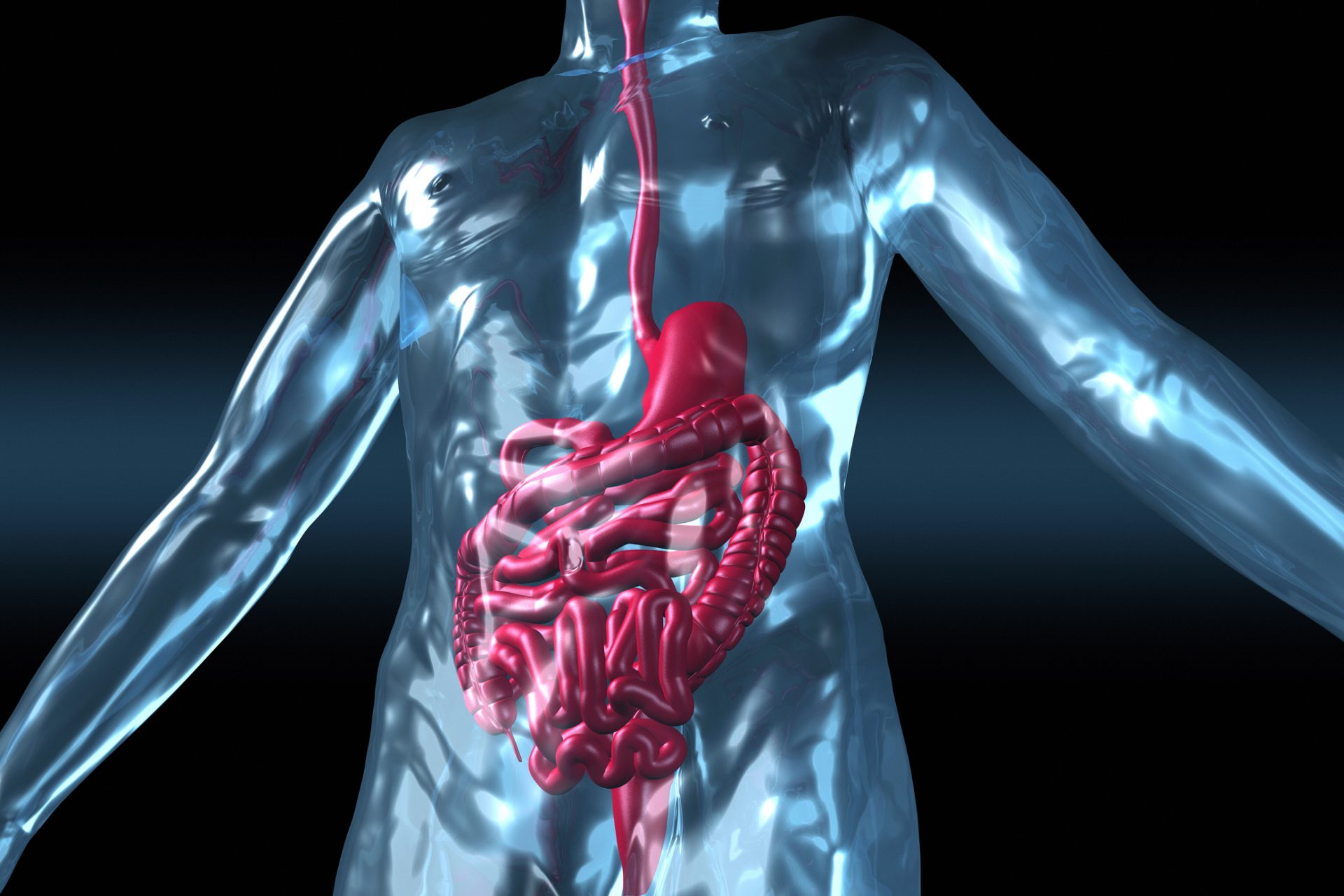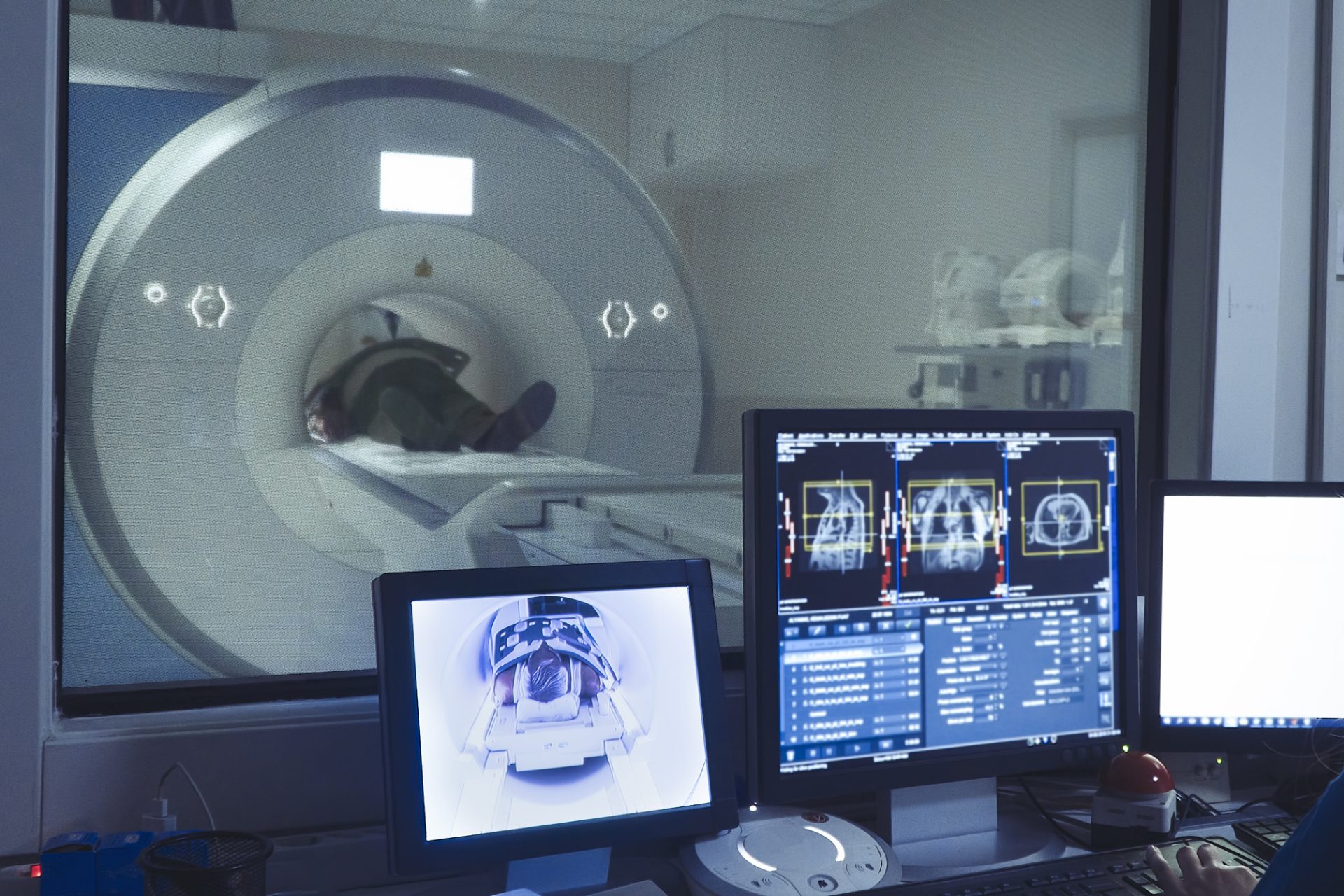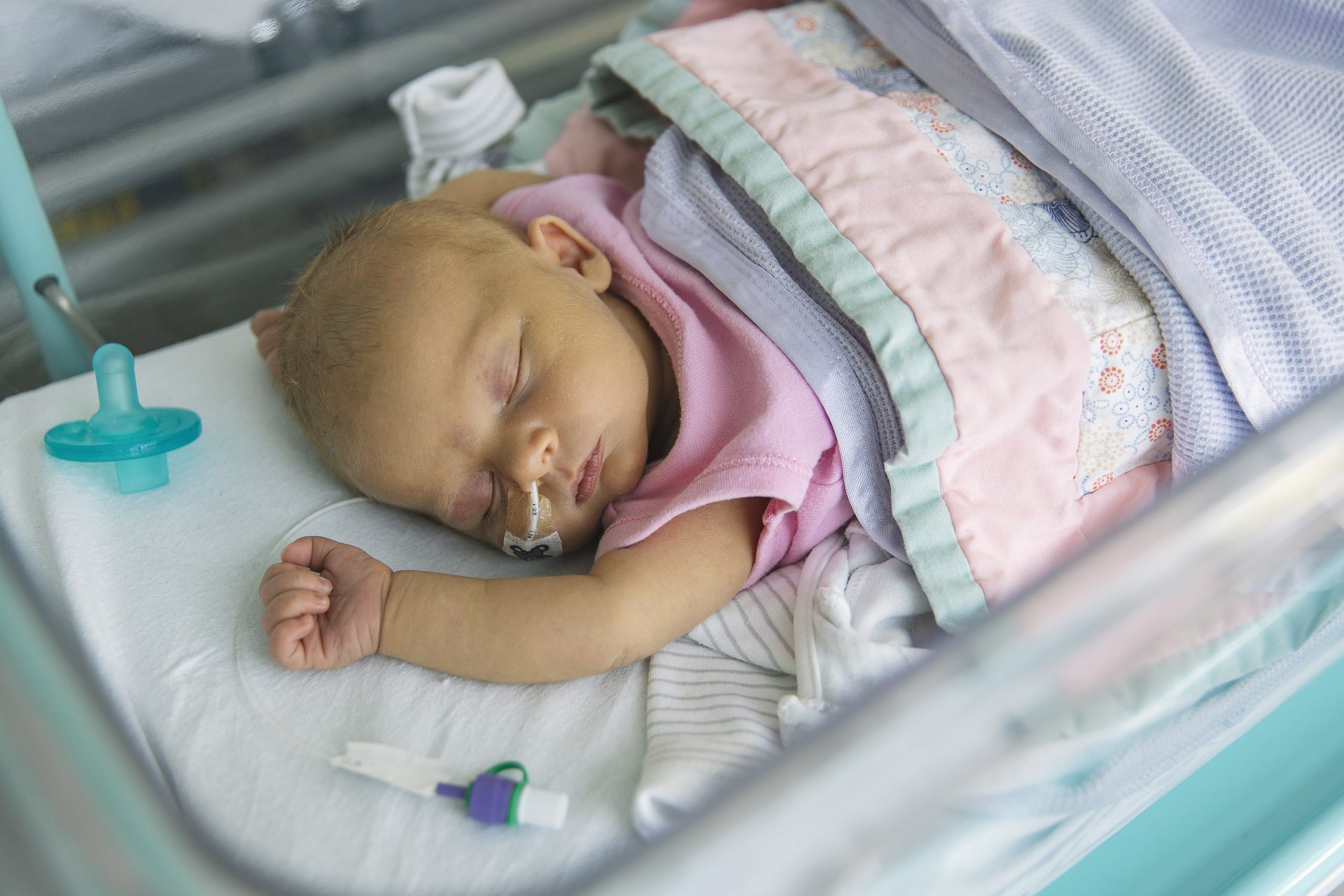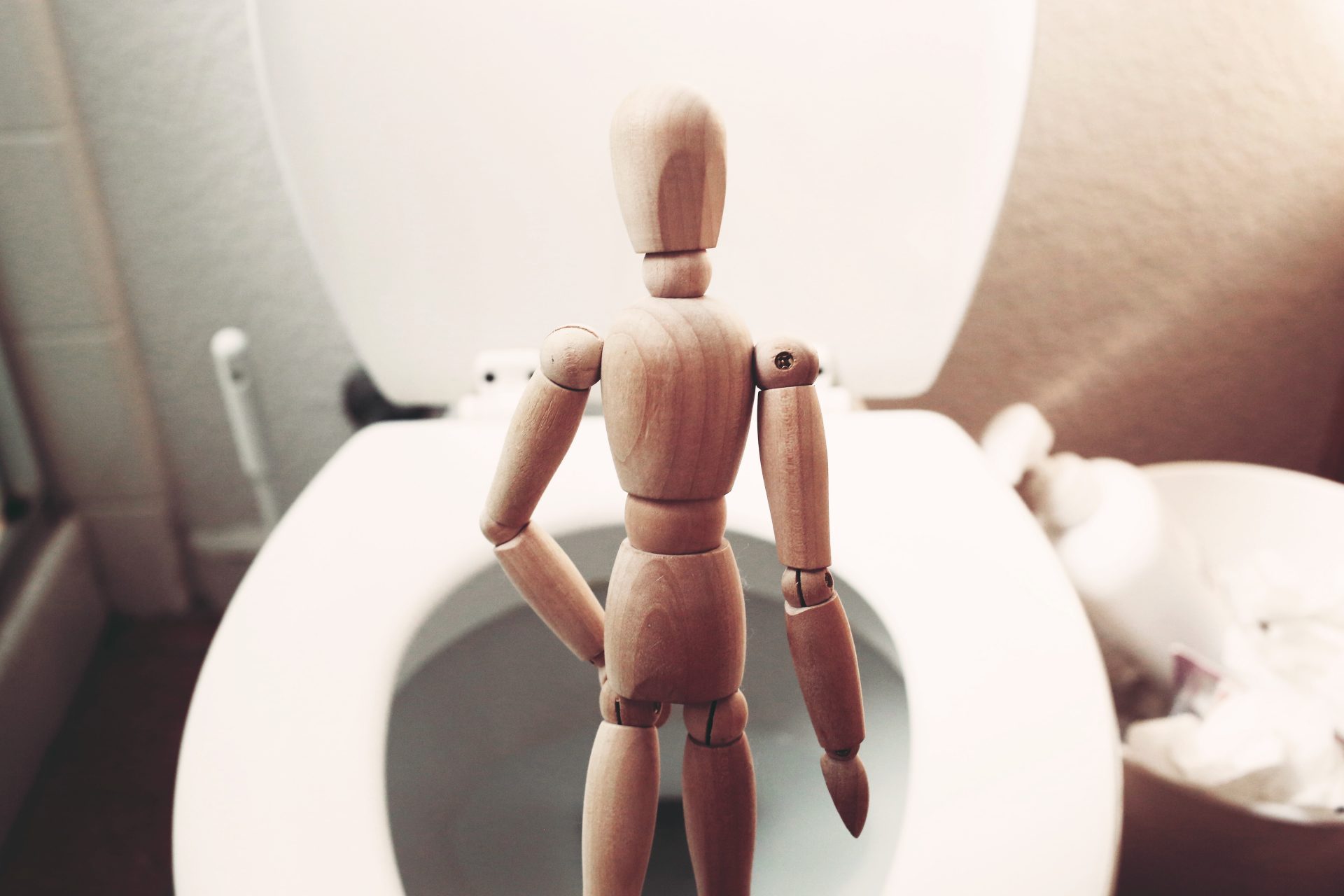Why is pee yellow?
Have you ever wondered why your pee is yellow? It's an odd question and you would think it had an answer.
But for centuries the secrets behind what makes pee yellow haven’t been known by researchers. At least until now.
A new study published in the journal Nature Biology has revealed the process that turns pee yellow and it has a lot to do with a previously unknown type of enzyme in our gut. But the discovery is more important than you’d think.
Urine is a complicated by-product of the human body’s metabolism but it's important that you understand the process before you can understand why finally figuring out just what makes pee yellow is a groundbreaking finding.
Gizmodo’s Ed Cara explained that urine is the last stage in your body’s natural drainage system. Your pee is essentially just water and various waste by-products that are filtered out of your blood with help from your kidneys.
Photo by Help Stay on Unsplash
Some of the war products in your urine are cells that have reached the end of their lives and this can include things like red blood cells, which use hemoglobin to take oxygen all around your body. They also produce heme.
Photo by ANIRUDH on Unsplash
Heme is the precursor to hemoglobin according to Cara, and it is your body’s heme that leads to the degradation of red blood cells and begins a complicated process that results in you peeing out varying shades of yellow.
Photo by Testalize.me on Unsplash
Researchers have known for quite a while that urine turns yellow because of a chemical known as urobilin, but what’s remained a mystery is the sequence of events that lead to urobilin being present in the body’s urine.
However, we now know that the body’s microbiome plays the key role in turning our pee yellow according to Brantley Hall, lead author of the new study examining the mysteries of urine and University of Maryland professor.
By Dr William Ju, University of Toronto, CC BY 4.0,
“Despite the identification of urobilin as the yellow pigment in urine more than 125 years ago, the enzyme responsible for its production has remained a mystery,” explained the study’s authors. But they cracked urine’s code.
In an email to Gizmodo, Hall explained that red blood cells degrade after their six-month lifespan, and as the degradation process takes place, a by-product known as bilirubin is produced as a result and has a role in pee color.
Once bilirubin reaches the gut, the compound is converted into a molecule that is known as urobilin and it can turn yellow if exposed to oxygen. Urobilin is a big reason why urine is yellow. But what Hall and his team discovered.
According to Hall, his study found that an enzyme in the gut was responsible and it has been labeled bilirubin reductase (BilR). BilR turns bilirubin into urobilinogen, which then turns urobilin yellow when exposed to the air.
Hall and his research team were able to locate the gene that is responsible for producing BilR among Firmicutes bacteria that live in the large intestine and they noted all humans with a healthy gut microbiome have BilR.
“Unfortunately, gut microbes can be challenging to study,” Hall told Gizmodo. “The gut is a low-oxygen environment, and many of the bacteria in our guts can’t survive if too much oxygen is present, making them difficult to grow and perform experiments on in labs.”
“Our work to find BilR relied on combining experimental screening with genomic analysis, an approach that has only become possible with the isolation of more gut bacterial species and the advancement of genome sequencing technology,'' Hall added.
The findings are important because they revealed that newborns and people suffering from irritable bowel syndrome have less BliR in their systems, which could help doctors better understand newborn jaundice and pigmented gallstones
More work is now being done to study the effects of BliR in the body by Hall and other researchers. So the discovery of what makes our pee yellow just might yield even more important findings in the near future.
Photo by Giorgio Trovato on Unsplash
More for you
Top Stories



